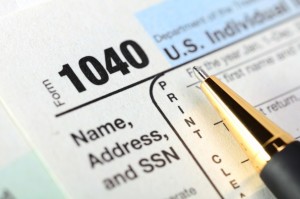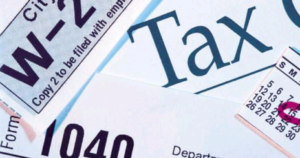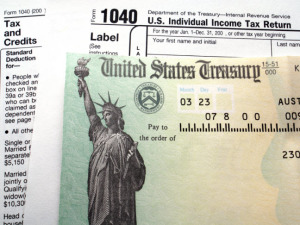 Today’s top story: The best time to file your tax returns. Also in the news: Picking the right financial advisor, overcoming retirement obstacles, and what the Presidential candidates have planned for your wallet.
Today’s top story: The best time to file your tax returns. Also in the news: Picking the right financial advisor, overcoming retirement obstacles, and what the Presidential candidates have planned for your wallet.
The Best Time to File Your Tax Return
What’s the optimum time for you?
Key Steps to Researching a Financial Advisor
Finding the right advisor.
5 ways to overcome obstacles between you and retirement
Don’t let them get in your way.
Keep an eye on candidates’ plans for your wallet: Advisors
They’re both after your money.

 Today’s top story: Covering the costs of long-term care. Also in the news: Discovering tax credits you qualify for, how to save money on your wedding day, and how the government’s new rules will make payday loans a little less terrible.
Today’s top story: Covering the costs of long-term care. Also in the news: Discovering tax credits you qualify for, how to save money on your wedding day, and how the government’s new rules will make payday loans a little less terrible. Today’s top story: Debunking emergency fund myths. Also in the news: How filing separately could give some couples a lower tax bill, the financial benefits of living with less, and how much down payment you should have to buy a home.
Today’s top story: Debunking emergency fund myths. Also in the news: How filing separately could give some couples a lower tax bill, the financial benefits of living with less, and how much down payment you should have to buy a home. Today’s top story: Smart things to do with your tax refund. Also in the news: New options for payday loan borrowers, how to build an emergency fund on a low income, and how to decide when to claim Social Security.
Today’s top story: Smart things to do with your tax refund. Also in the news: New options for payday loan borrowers, how to build an emergency fund on a low income, and how to decide when to claim Social Security.